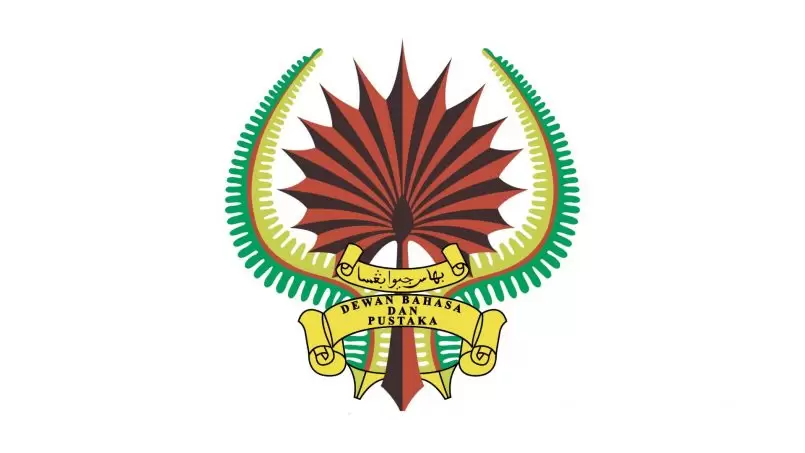KUALA LUMPUR, April 7 — Dewan Bahasa dan Pustaka (DBP) has suggested that a new act be drafted to provide the body with more authority especially in term of enforcement relating to the misuse of language, as well as to provide accreditation towards the standard of language at various levels.
Chairman of DBP’s board of directors Prof Datuk Seri Awang Sariyan said the draft of the new act, which is now at the Education Ministry, needs to be brought before the Cabinet for approval before it can be presented at the Parliament.
“The suggested new act will have a clearer roadmap compared to the existing DPB Act 1959, encompassing allocation for rating, enforcement, commercialisation, accreditation and internationalisation by DBP,” he told Bernama.
Awang, who is also a Dewan Negara member, said they had prepared a suggested amendment to the DBP Act 1959 last year to empower the functions of DBP, but it was still being reviewed by the Education Ministry after taking the views of the Attorney-General’s Chambers into consideration, which suggested that a new act should be drafted as the suggested amendments covered many issues.
He added the new act would contain provisions for enforcement, which was important as the DBP had only been given the authority to advise and guide the use of language without any legal support.
“DBP will not penalise or issue fines as its priority but there needs to be provisions for legal enforcement for the use of the country’s language (national language, official language and language of knowledge) to build a stronger country.
“The enforcement mechanism that will be detailed include administrative action with the coordination of other bodies and the imposition of fines in accordance to the Toubon Law 1994 in France,” Awang said.
With the suggested rating function, he said DBP would become an authoritative body for rating the level of language implementation and quality in ministries, departments, agencies and other public authorities.
This is in line with Article 152(6) regarding the Malay language as the official language of the Federal and state governments, along with public authorities.
“The accreditation function suggested in the new act will enable the DBP to function like the British Council, Alliance Francaise and other bodies in the world in accrediting and honouring whichever party in terms of the use of the national language,” Awang added.
Other suggestions include provision to enable DBP to establish corporations to mobilise the agency’s business functions more effectively and contribute to the country’s finances.
— Bernama





